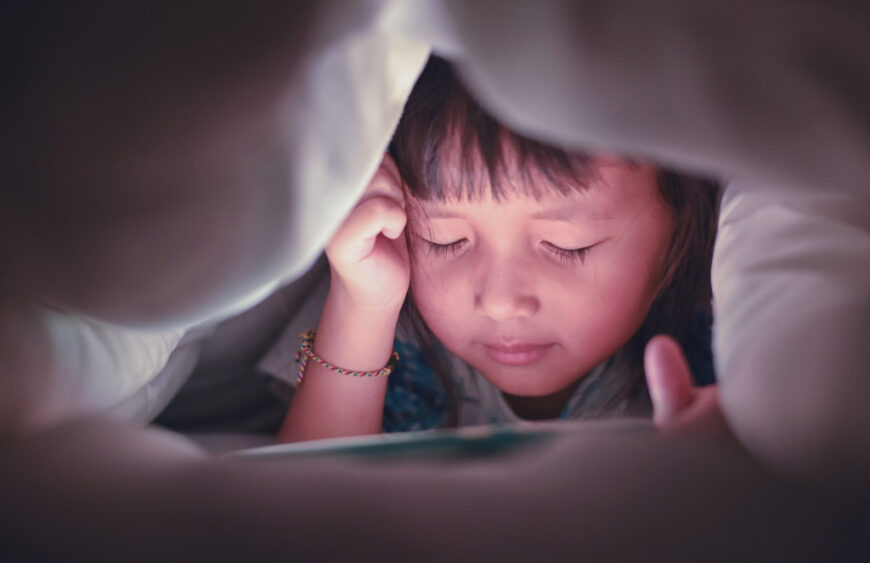Why less screen time for kids is a good thing and what to do about it
December 3, 2022 2023-06-26 13:27Why less screen time for kids is a good thing and what to do about it

Why less screen time for kids is a good thing and what to do about it
Technology is a necessary evil. With the pandemic now raging, online classes have become the norm. And unfortunately, more children are getting addicted to their screens more than ever. The same can be said for adults as well. So, what is screentime? The time spent on devices with screens is referred to as “Screen Time”. This could be mobiles, tablets, laptops, televisions, and such. We’re sure you get the drift.
Some parents believe that it is impossible to not give any screentime whatsoever to the kids, especially given that the entire world is now the technologically connected the world is now. The advent of smartphones was in the year 2008 and it is amazing that in the matter of just more than a decade, we have allowed technology to invade every aspect of our lives.
Once we are done watching our favourite television show, we flip out our smartphones to check an update on Facebook, then move over to the videogame console for a dash with the latest games in trend. Our thirst for content and interaction with other people never cease.
With parents being so attached to their devices, can we expect any less from the kids? When toddlers or preschoolers learnt to unlock our phones, or choose an app in their quest for a video they like, or operate the T.V. remote with authority, we revelled in how smart they were in comparison with the previous generation because these are things we got good at only in later years. But to the dismay of parents and caregivers alike, the experts are now cautioning about the negative effects of screen time on children. Heck, too much screen time and internet use are detrimental even for adults, so imagine the effect on children!
Nothing can beat human interaction and personal engagement.
A study claims that a third of the children under one year of age have used a tablet or a smartphone. That’s quite shocking. And even more alarmingly, many parents give smartphones to their kids to put them to sleep. It is known that late-night screen use can affect the sleep cycles of these children and they may have difficulty with getting up on time the next day and affect their entire routine the next day, be it at home or school.
It is no wonder then that the World Health Organization recommends that children under the age of 2 should get absolutely no screen time whatsoever. Yes, zero. Nada!
Be the change
Set Rules within the house
Encourage Play
Go outside
Practical life skills
So, there you have it. All of this may appear a little tough, and while you may not be able to implement all of it, the benefits that come with cutting back a kid's screen time are high.






